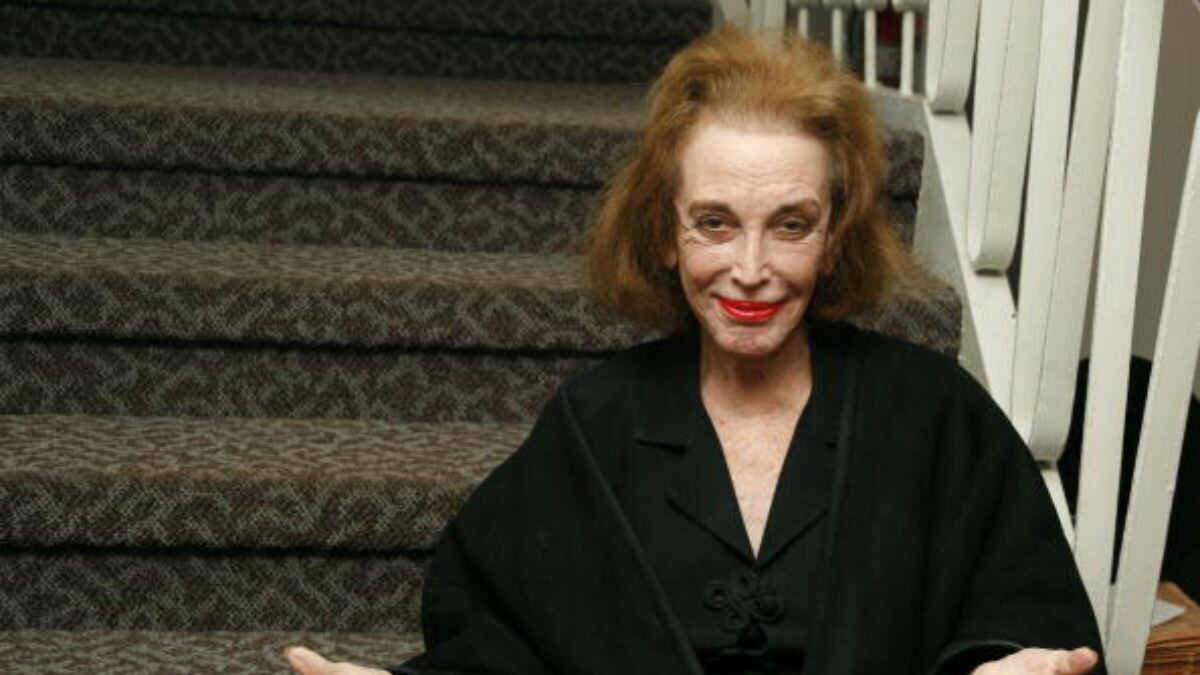
Helen Gurley Brown was excoriated by feminists during her working life, then rediscovered and celebrated in her final years.
The famed magazine editor and author, who died yesterday at age 90, celebrated sex and detested children; advocated women's independent careers while counseling women to take advantage of male susceptibilities to get ahead.
Was that feminism? It depends: what is feminism anyway?
Not even "socialism" has meant as many different things to as many different people as "feminism." Feminism is sometimes an ideology, an ideology in turn subdivided into quarrelsome factions that offer exactly opposite answers to the same questions. Sometimes feminism seems just a form of tribalism: the woman is always right, especially when she's wrong. Most often, it appears as an after-the-fact rationalization for changes that were happening anyway and for other reasons.
But here's maybe what we can say for sure. In the United States as in other developed countries, women have more opportunities than ever before in human history. They have been emancipated from almost every form of male control—except for the one form that many of the early feminists most cared about, emancipation from what feminist argot calls "the male gaze." That gaze in fact long ago stopped being exercised by men alone. Indeed, nobody deployed the gaze more ferociously and unforgivingly than Helen Gurley Brown herself. But the expectation to be beautiful, to be slender, to be sexually desirable, to be sexually responsive—all of that has accelerated in tandem with the opportunity to work and succeed.
At the same time, what might once have been regarded as the rewards from all that male-gazing—companionship, marriage, family—seem more elusive than ever. The title that launched Brown's career, Sex and the Single Girl, now seems quaint, if not mildly offensive. Who would now dare call a woman over age 18 a "girl"? As for single women, however, they exist today in numbers that would have staggered the imagination of Brown's early-1960s publishers: 17 million women now live alone.
Those women who are not alone are often only precariously coupled. For the first time in U.S. history, a majority of households are not headed by a married couple. In between are millions of women who live in-between singleness and marriage, moving through relationships, bearing children unmarried, sometimes living with a man, sometimes not.
A lot of effort goes into denying that this way of life presents a social problem. And perhaps if the women in question are educated enough and affluent enough, it's not a problem.
Problem or not, it's the way we live now. Helen Gurley Brown helped lead the way. But surely the change would have happened had she never emerged from the steno pool.






